|
As anyone who knows my fondness for Archie MacPhee will testify, I am liable to announce a propos of nada: “Sharks have no bones!” It was a catchy tagline from a catalog some years ago. And true. Shark are all cartilage and attitude. And, as one might discover on a foggy January wander along a beach – teeth. Sharks continually shed teeth and grow more. Row after row of them.
Walk down the right beach and tune your attention to the y-shape, and dozens of teeth will appear.
Which makes sense, because sharks have been swimming about for millions of years. And some grow up to 35,000 teeth in a lifetime. I suppose someone has done the math, but it’s a lot of teeth underfoot. One might say, the opposite of hen's teeth, even.
4 Comments
My gardening heros, the Davises from Denver, used to send me homemade jars of rhubarb in exchange for some favor or another. I don't remember the chore, but I do remember the treat: that nearly chalky, stringy goop with a sour/sweet flavor that reminds me so much of springtime in the North Country. I know, sounds delish, right? But no, it is. Consulting my notes, I see that it took me until 2017 to put in rhubarb plants at the Farm. It takes them a couple of years to get their feet under them, but they've done quite well. Enough for us to have a half dozen or so desserts in the last couple of years. But is that really enough Rheum rhababarum? No. Obviously. Still, it was an extra surprise bonus that we acquired another patch of rhubarb this past summer. The nearest small town (pop. 650 people) did earn a mention in a Neil Young song, but frankly, the Would-Be Farm is located somewhere just this side of Beyond. The wild-and-wooly frontier nature of the place is mostly lovely, but it does have the occasional drawback.
For instance, our former neighbors just to our north...nice folks, perhaps, but considerably more gun-happy than makes us entirely comfortable. Sure, fire your gun at a target, a varmint, dinner. But random gunfire? Combined with a LOT of empty bottles and very loud (and frankly awful) 1970's rock'n'roll? Oh boy. So for the past couple of years, when these neighbors were in residence, my favorite skipper and I simply avoid the north section of that one field. Discretion being the larger part of not catching a piece of lead. It's not generally part of the culture out there near Beyond to call the coppers. Or at least not until things have escalated to the sort transgression that does deliberate physical harm. Holding a hootenanny at midnight on a Tuesday, well that's annoying, but live and let live. Letting your toddlers run loose at night –– well, that goes too far. Anyhoo. Those lively neighbors with the large supplies of ammo moved along, leaving a "For Sale" sign behind them. Things sometimes work themselves out. Which is how the Would-Be Farm grew a little over the summer. We gained an additional 40 or so neglected old apple trees, an open field, and a honking big patch of rhubarb. There's a Calvin and Hobbes cartoon that I clipped from the newspaper (they used to print newspapers on paper called "newsprint." So quaint!) and have kept for innumerable moves. The strip is simple...Hobbes burbles on about the word "smock," while Calvin grows increasingly irritable about it.
Never mind the wonderful world of profanity. (Profanity as a word, let me remind us, started life as a description of irreligious language. It would mean profaning a deity or a religion. Only as time went by did it come to mean bodily vulgarity.) So many highly enjoyable ways to express discontent or contempt using those seven or so words...
But as far a favorite words I can use in mixed company, I favor "confabulate." Indeed I do. It's a mouthful, this Latinate word that sounds a fabulous convict, but no. It came from "tabula," a tale and a table, joined with "com," which means "together," but which gets changed to "con" for ease of speech. In the original Latin (one original Latin, anyhow), it was "confabulari" and it meant to talk about something or another. Like chatting or chattering or burbling. In a rare Oz moment, American slang shortens the word to "confab." One might say, "We're having a confab, Mom, just leave the snacks at the door." Then in 1900 or so, the word took up a new job: describing a clinical behavior of making up stuff to fill gaps in memory. A person with dementia is said to confabulate when telling you that he was in the Bolshoi ballet, say, and a spy for the Allies, when you're quite sure he was a dentist in Cincinnati born after the war, with a bum leg to boot. Confabulation is a coping mechanism for people with failing memory. It works to help patients make sense of the world; they generally do not even know that they are telling a tale. Unlike a garden-variety lie, which assumes intent, confabulation is not a conscious choice. It's not just the result of brain injuries, btw. Confabulation comes to play when people are striving to make a correct answer. Which is partly the challenge with eye-witness accounts. As a species, we like to be right.
How peculiar that thinking about confabulation brings me yet again to Joan Didion. (If you haven't read "We Tell Ourselves Stories To Live," I am sorry for you. Confabulation topic sidebar: What if Joan Didion was THE deity?)
Okay, egg-heading over. I also like the word "spanakopita," but you don't catch me babbling on about it. Yet more confabulating articles: https://www.frontiersin.org/articles/10.3389/fpsyg.2017.01207/full https://aeon.co/ideas/confabulation-why-telling-ourselves-stories-makes-us-feel-ok http://www.bbc.com/culture/story/20190527-can-fiction-really-improve-your-mental-health |
About the Blog
A lot of ground gets covered on this blog -- from sailboat racing to book suggestions to plain old piffle. FollowTrying to keep track? Follow me on Facebook or Twitter or if you use an aggregator, click the RSS option below.
Old school? Sign up for the newsletter and I'll shoot you a short e-mail when there's something new.
Archives
June 2024
Categories
All
|

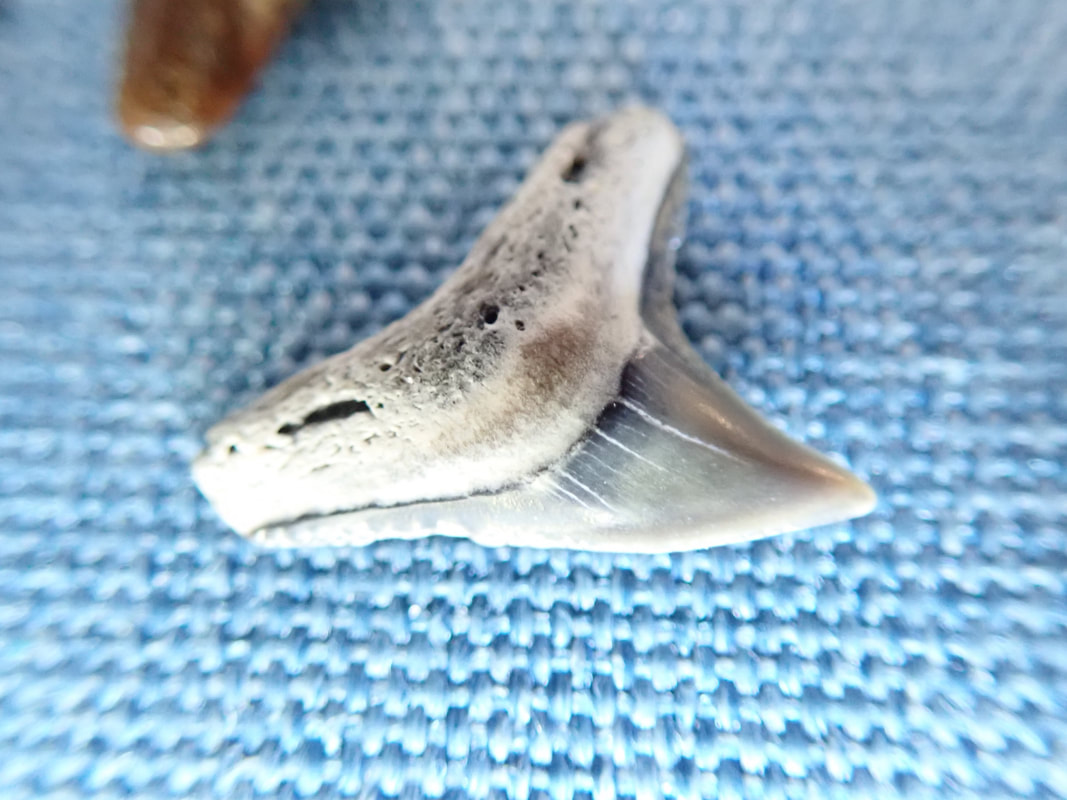
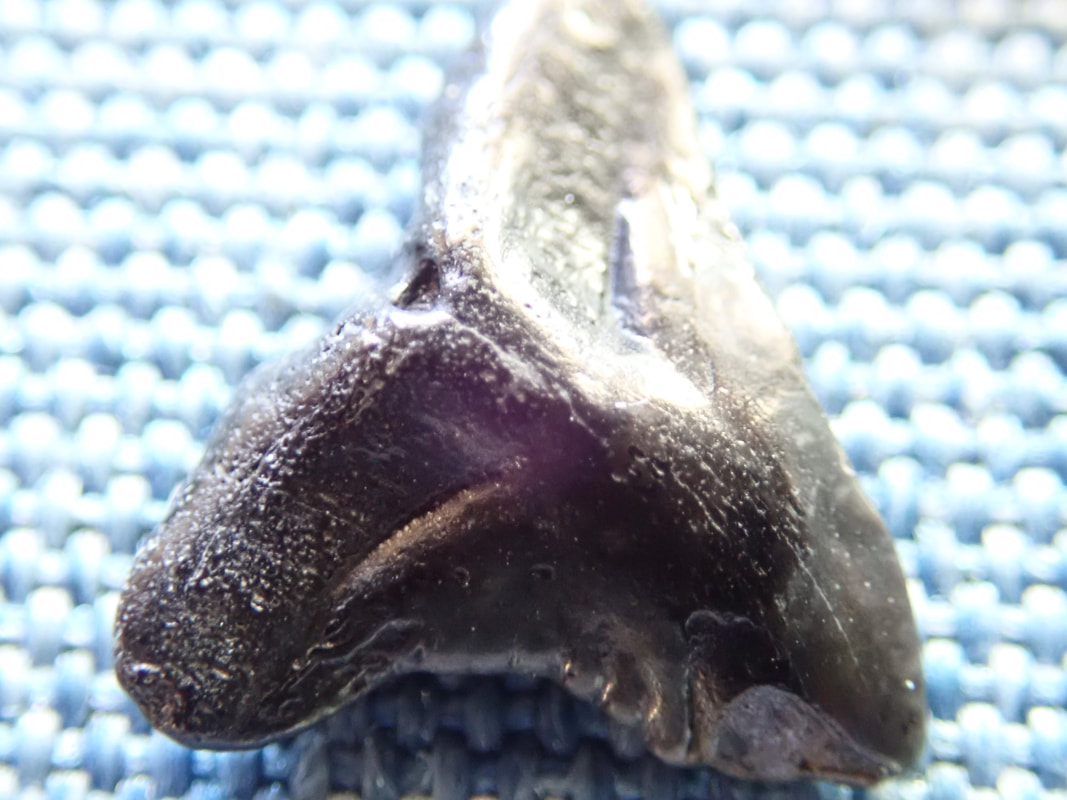
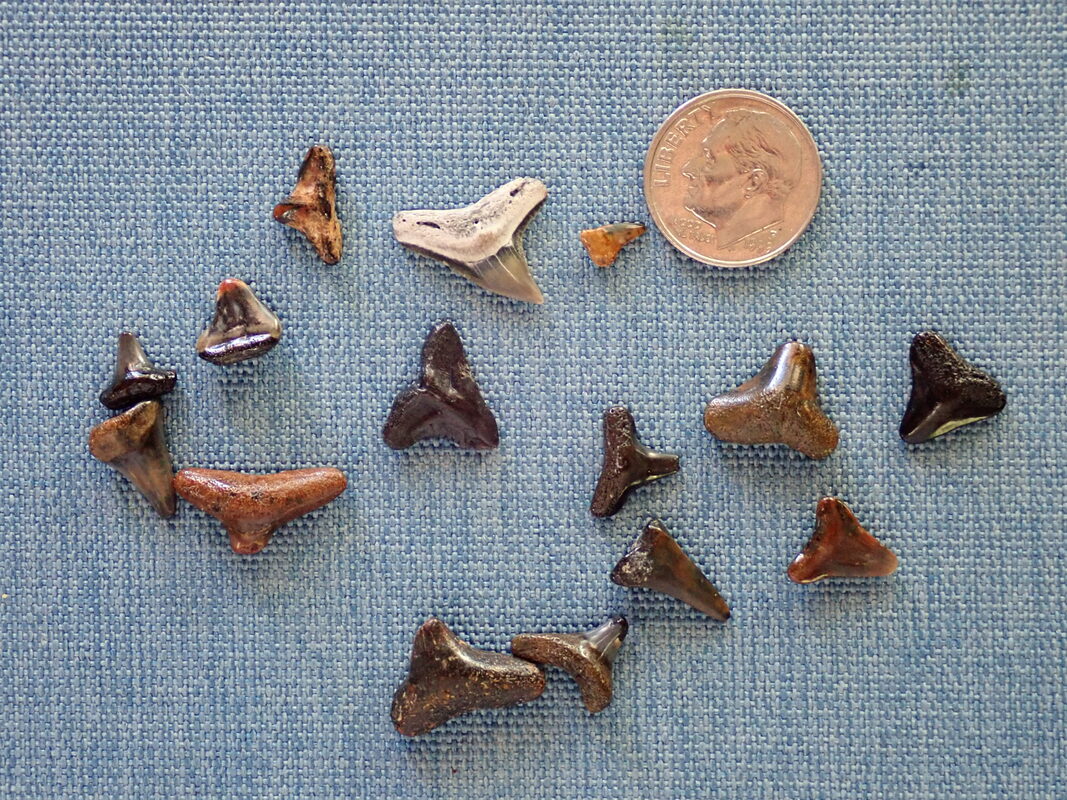
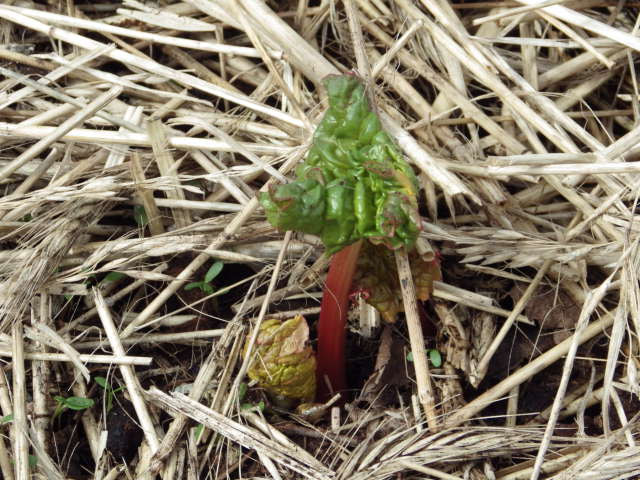
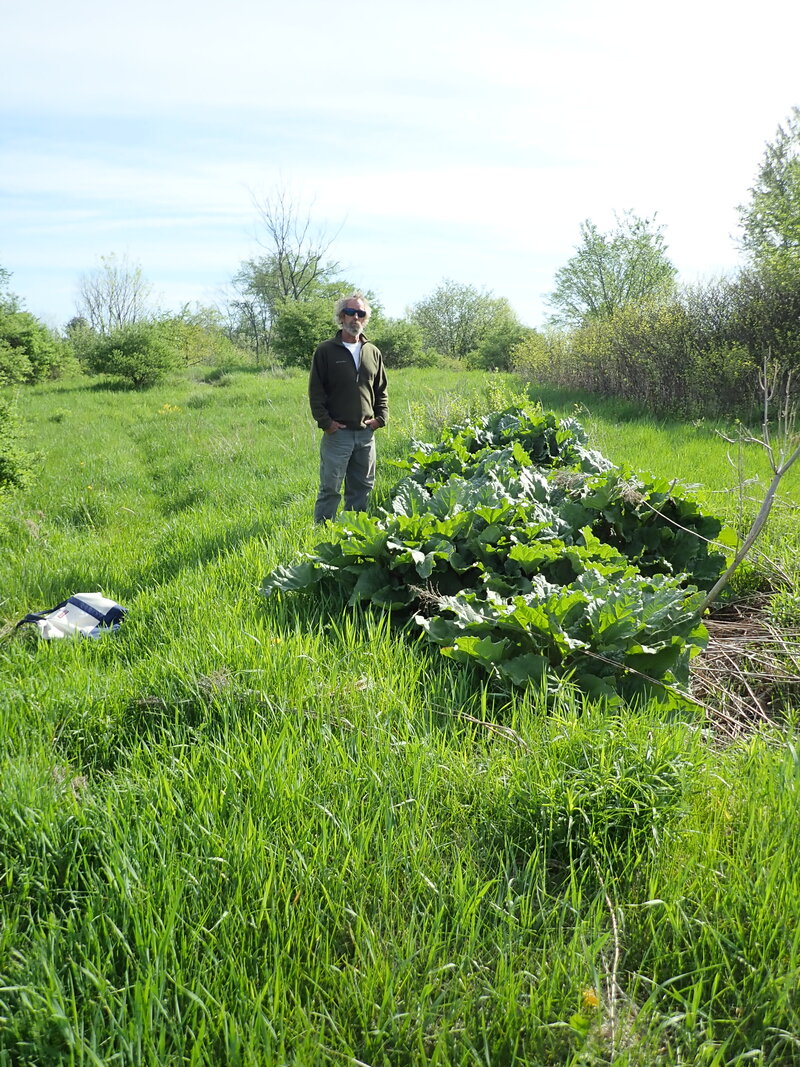
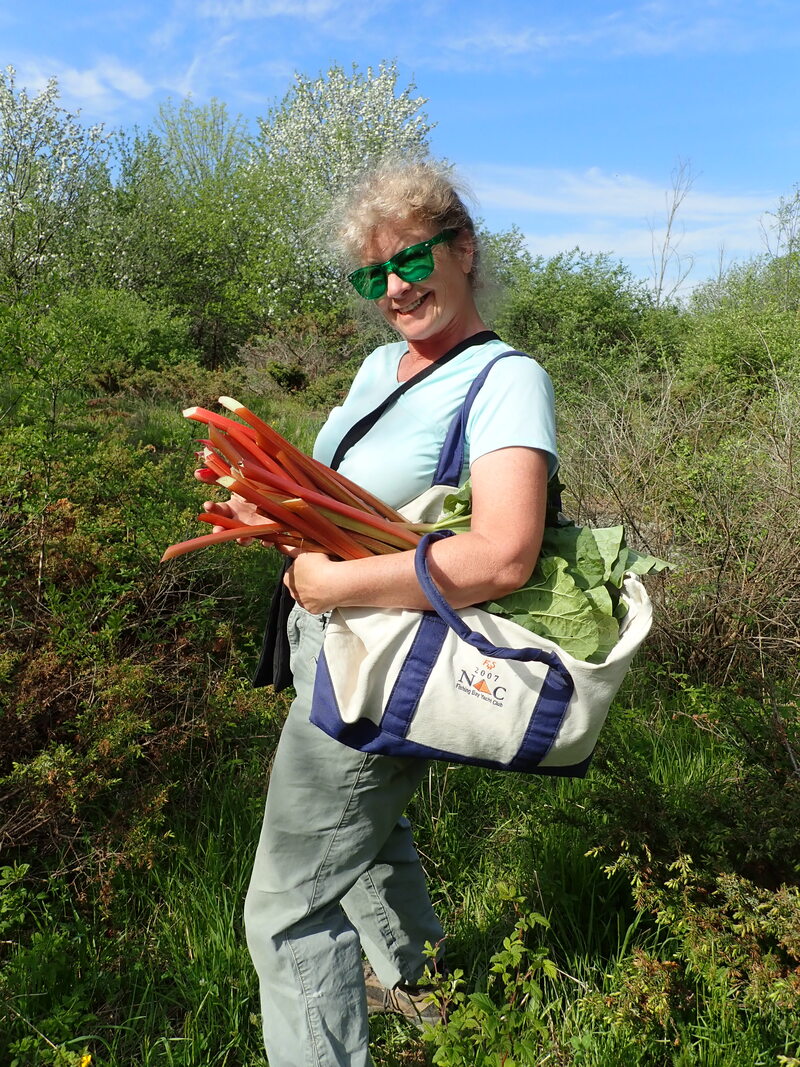
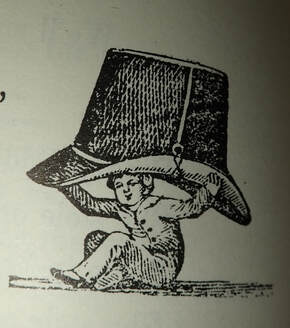
 RSS Feed
RSS Feed
